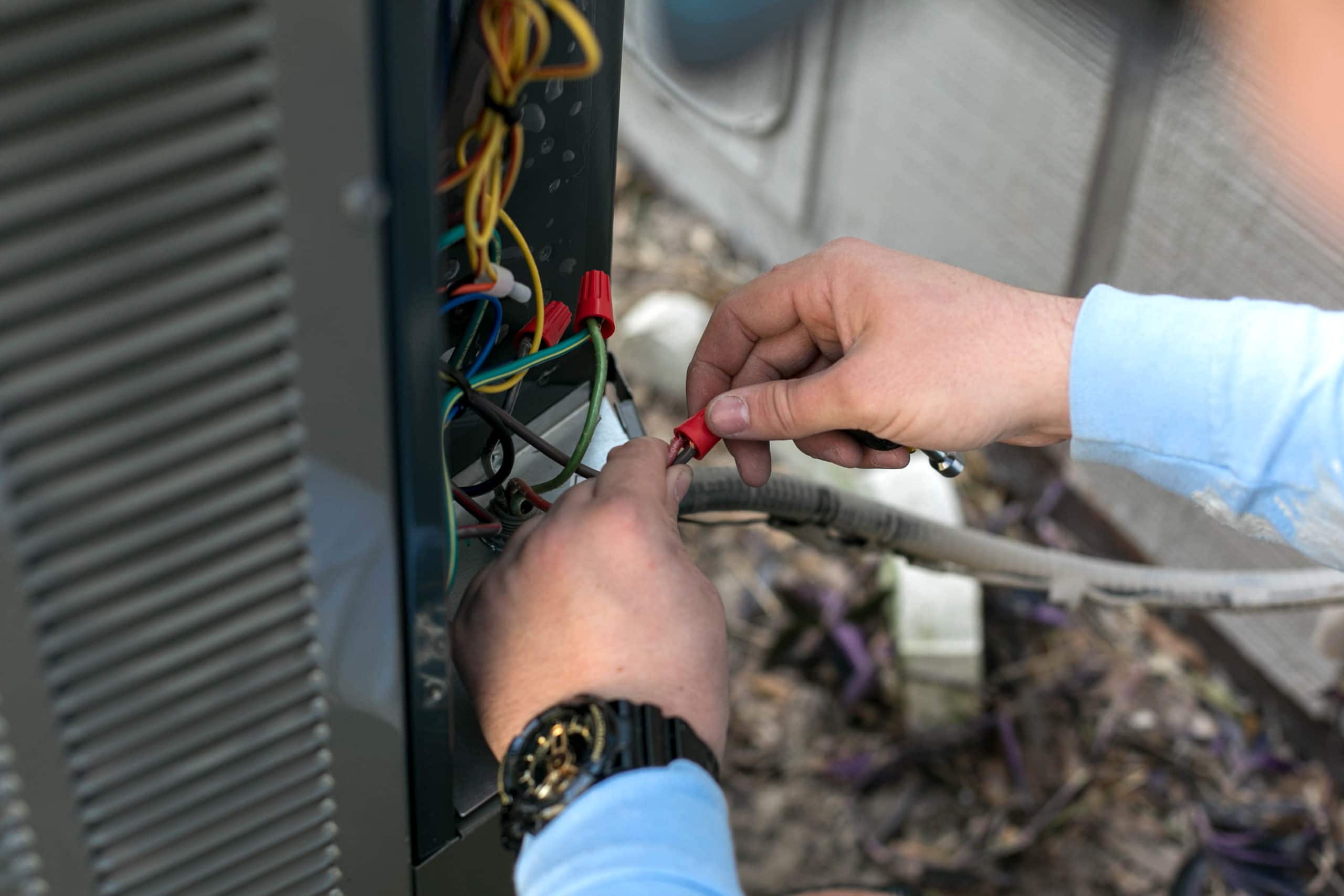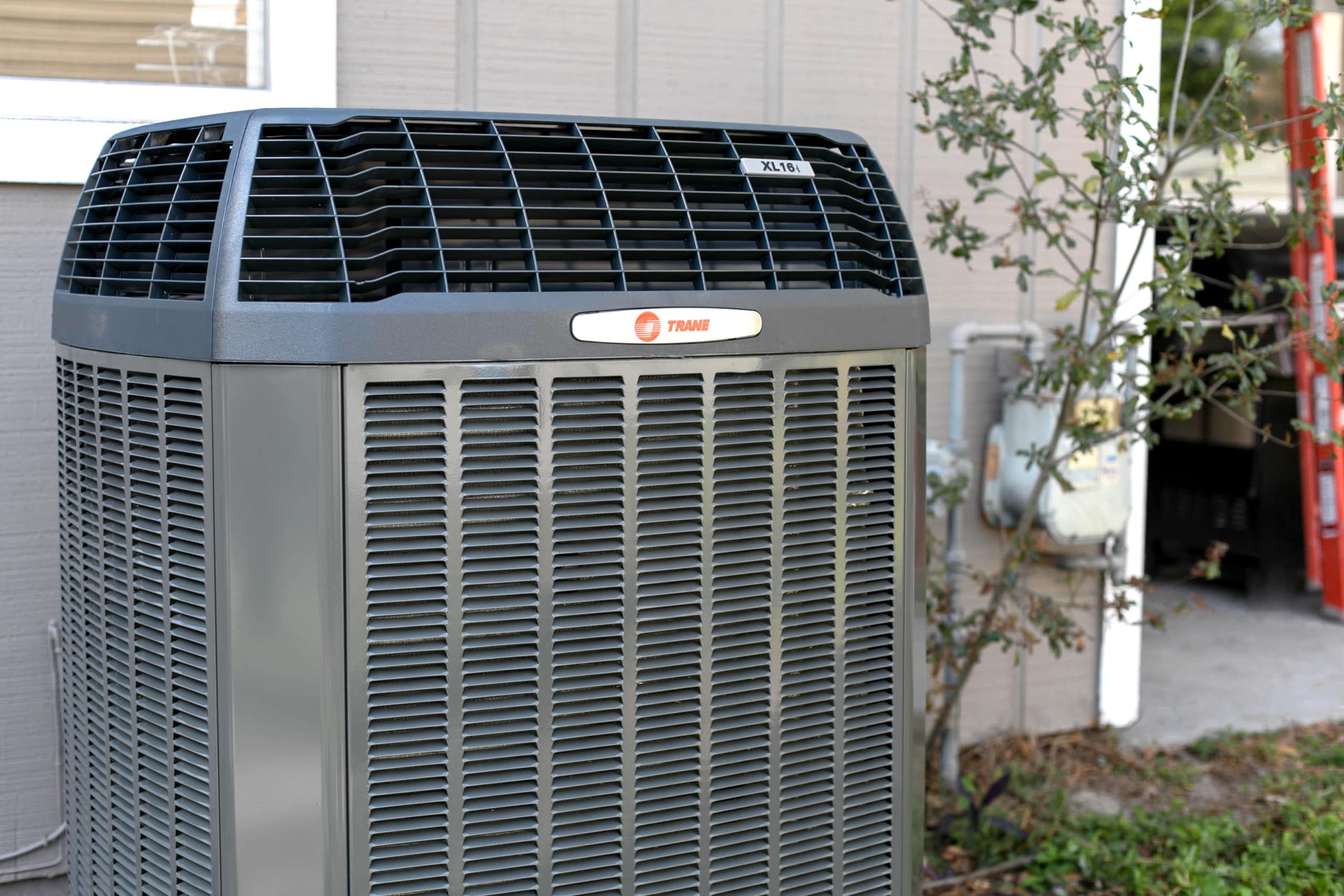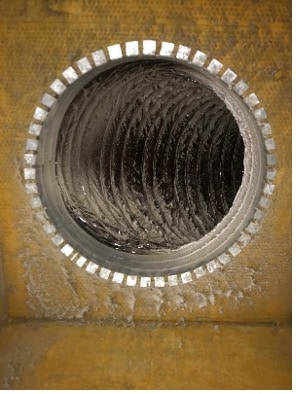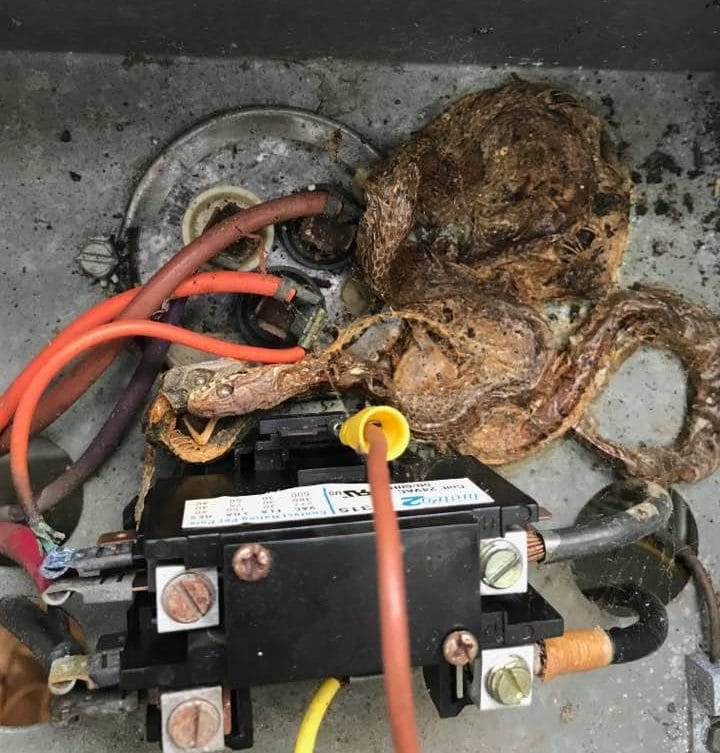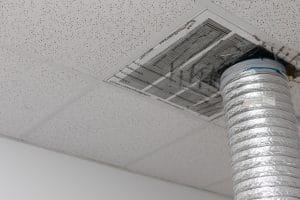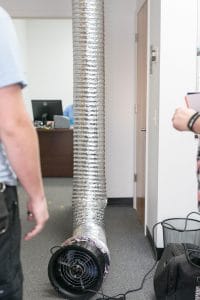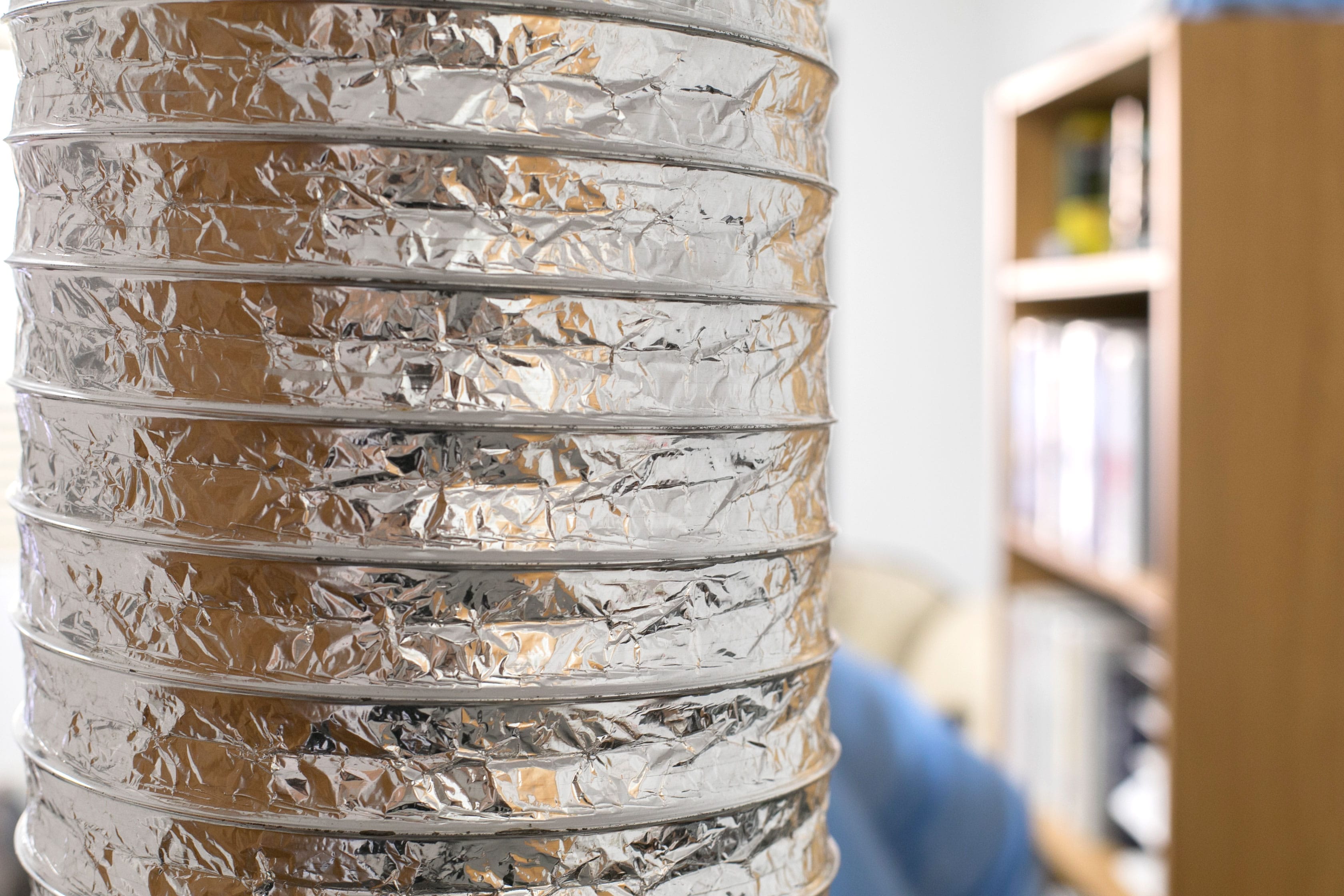Whether you’re spending time inside your home or outside, the quality of the air you breathe is incredibly important for your health and wellness. Harmful air pollutants can build up and collect in the air supply within your home, posing significant health threats to your household. As we tend to spend approximately 90% of our time indoors, it’s crucial to ensure that we have clean indoor air in our homes.
While it may seem as though indoor pollution may simply be the remnants of excess outdoor pollution, there are various sources of indoor air pollution directly stemming from your home. These sources include your building materials, cleaning products, pet dander, appliances, excess humidity, and furnishings.
In fact, according to the EPA, indoor air can be up to 2 to 5 times more polluted than outdoor air.
There are specialized HVAC features that can foster clean indoor air by significantly reducing the number of pollutants, including UV lights, increased ventilation, dehumidifiers, air purifiers, and air filter systems. In addition to improving your home’s HVAC system, you can take some simple steps to reduce the source of indoor air pollutants and work with these features to help purify the air.
Add Greenery to Your Home
While plants aren’t as effective as air purifiers, they offer a simple solution to help clean your home’s air naturally and in a cost-effective manner. By nature, some plants help to filter out harmful chemicals in the air, allowing your family to reap the benefits of thriving plants far beyond just aesthetics. We recommend adding these houseplants to help refresh your home’s air supply:
- Pothos (Epipremnum aureum)
- Snake plants (Sansevieria trifasciata ‘Laurentii’)
- Chinese Evergreen (Aglaonema)
- Peace lilies (Spathiphyllum)
- Spider plants (Chlorophytum comosum)
These plants are also some of the easiest houseplants to care for, so even if you don’t have the greenest thumb, you can surely keep these plants thriving. Place two to three of these houseplants about every 100 sq. ft. within your home to help remove harmful pollutants from the air. If your house is not only home to your family but also some furry friends, remember that most houseplants are toxic to animals. You may want to keep houseplants on shelves or safely tucked out of reach from your pets.
Switch to Cleaner Household Products
When we speak about fresh air, that’s not a cue to reach for a spray can of air freshener. While that freshener can make your room smell pleasant, it may also release harmful aerosolized chemicals. Many common store-bought household cleaners consist of toxic chemicals that can increase the pollution of your home’s air, causing additional health-related concerns. As an alternative, switch to non-toxic cleaners at the grocery store with simpler, healthier ingredients or make your own natural cleaning products.
Maintain Your Pet’s Grooming
Pet dander can easily build-up in a home with pets. Pet dander refers to your pet’s skin cells circulating in the air, causing much greater allergic reactions and respiratory problems than the pet fur you see throughout your home. To keep pet dander from accumulating in your home, groom your pet often, ensure that any brushing takes place outdoors, vacuum frequently, and change your AC filter regularly.
Take Your Shoes Off at the Door
When coming home, try to make taking off your shoes one of the first things you do. Walking through your home with your shoes on will transfer dirt throughout your house. This can leave behind harmful substances, including pollen, fungi, pesticides, fecal matter, and bacteria contributing to poor air quality.
Care for Your Home
Cleaning Your Carpets
Your carpets are like sponges for harmful particles and potentially pathogenic microorganisms. By vacuuming and cleaning your carpets regularly, you can minimize the build-up of these pollutants in your home. Most pollutants tend to weigh heavily in the air, causing them to fall downward. This can often lead the lower portion of your home’s air to be even more polluted, posing specific concerns for small children. By actively cleaning these lower areas and the floors on which these pollutants can build up, you can reduce the risk of heightened indoor air pollution.
Ensuring a Healthy Environment
Proactively cleaning your home provides countless health benefits, including improved air quality. Many contributing factors negatively affect your indoor air, including excess humidity, bacteria, mold, and mildew growth. Mold often grows in damp, dark places, like your bathroom or laundry room, and will release harmful spores into the air, causing respiratory issues or triggering allergies and asthma. Cleaning your home before this happens can prevent these additional pollutants from developing.
Open Your Windows
If the weather permits, open your windows to let fresh air into your home. Doing this for a few minutes each day can help circulate the air in your home and allow cleaner outdoor air to refresh the air inside.
Change Your AC Filter Regularly
AC filters trap the indoor air pollutants that flow through your home’s air supply. Routinely changing your filter allows for better air circulation and optimal filtering capabilities, while dirty AC filters enable contaminants to enter your HVAC system and continue to build up in your home. Having a clean AC filter in place allows your HVAC system to operate at its fullest capacity, promoting better indoor air quality. Combine this proactive measure with regular AC maintenance to keep your home’s air circulating freshly.
Breathe Better with Gator Air & Energy
While these are great ways to incorporate healthier practices into your home, to get truly high-quality indoor air, you’ll need to equip your home with the tools it needs. Minimizing the sources of pollutants in your home and purifying the air as it circulates improves the quality of the air you and your family breathe every day. Reach out to our team at Gator Air & Energy to find the best ways to combat indoor pollution. Call us at 352-389-4396 to refresh your home’s air today!

